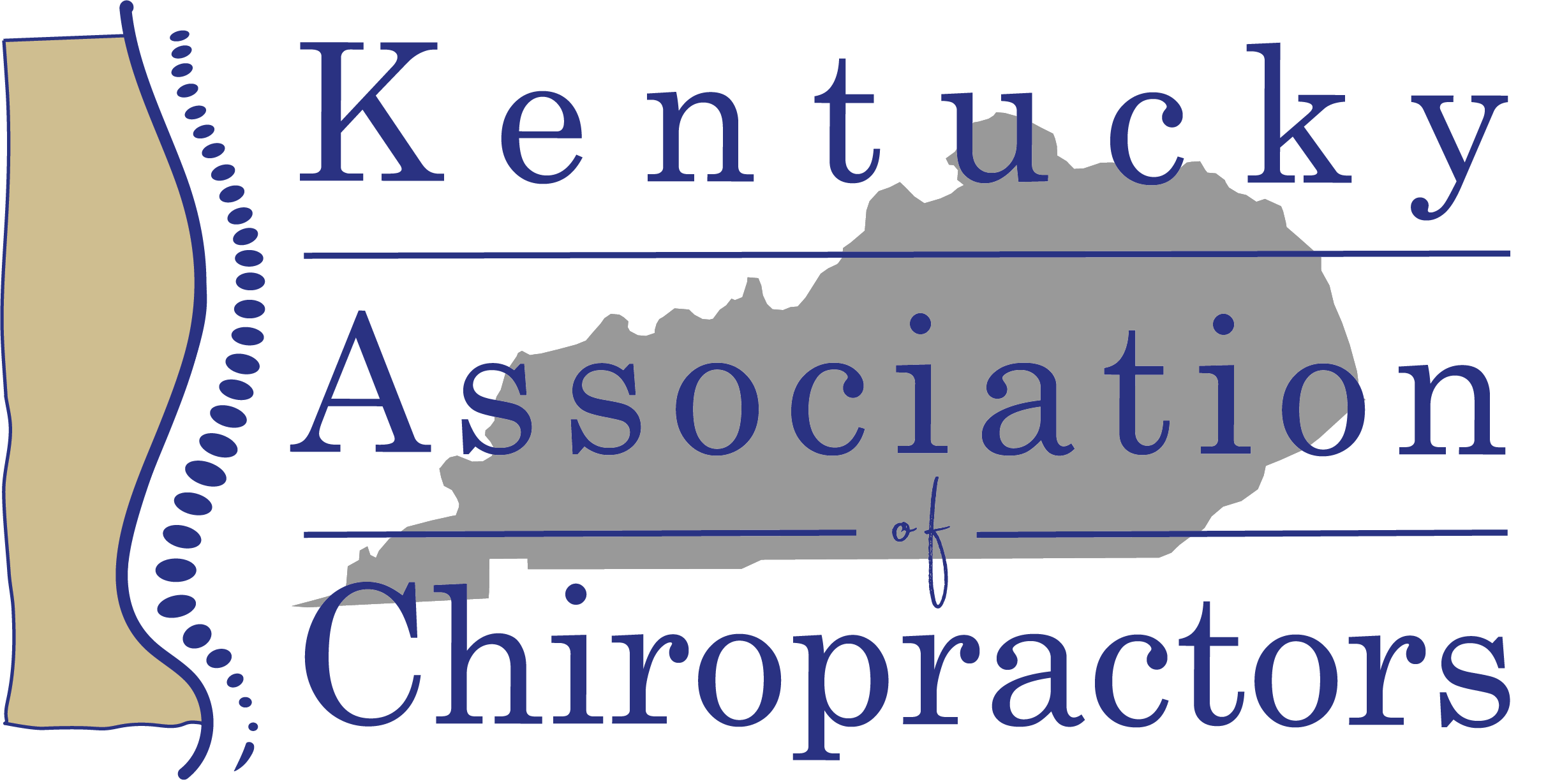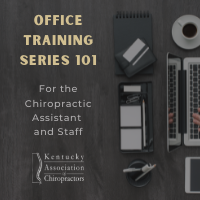A Clinician Practice Information (CPI) Survey has been emailed to 333 random chiropractors who have an exclusive opportunity to provide critical information regarding the cost of practice. Because the sample is small, it is critically important that those who receive the survey respond to it. The survey, led by the American Medical Association (AMA), is more than just a questionnaire; it’s a gateway to ensuring our voices are heard in the realms of policy and reimbursement.
The American Chiropractic Association (ACA) has confirmed that Mathematica recently sent the Clinical Practice Information (CPI) survey to a limited number of chiropractors nationwide. These practices were randomly selected using Medicare claims data, and one or more KY chiropractors were likely asked to participate.
To make this process easier, the ACA has released a toolkit to help providers complete the survey. This resource page links to the CPI toolkit and addresses some FAQs: https://www.acatoday.org/advocacy/cpi-survey-toolkit.
If you receive the survey, it is imperative that you complete it. If at least 100 chiropractors complete the survey, it could likely lead to an increase in third-party reimbursement rates for CMT nationwide.
The Power of Data: Shaping the Landscape of Chiropractic Care
This survey, conducted in partnership with Mathematica (a data analytics consulting firm with a public wellness mission), and backed by the American Chiropractic Association (ACA), aims to collect current data reflecting the true costs and challenges chiropractors face in their practices. For the first time since 2006, chiropractors have the chance to update the narrative and provide accurate insights into the financial and operational aspects of chiropractic care.
A Call to Action: Your Participation Matters
If your practice is selected for this survey, your input will be instrumental. The data you provide will directly influence decisions regarding physician payment levels, impacting not just individual practices but the entire chiropractic community. A minimum of 100 practice responses are needed to ensure the data’s validity and quality – each response is a vital piece of the larger puzzle.
The CPI Survey will collect critical information about practice expenses and the hours spent in direct patient care. This data is essential in accurately representing the cost of running a chiropractic practice in today’s healthcare environment.
Here’s the bottom line: If you are contacted by mail, phone, or email regarding a survey from Mathematica, it is a legitimate request. We need chiropractors to participate in this survey so that the fees for chiropractic services can better reflect the practice expenses of the modern practice. The current practice expense data is from 2006, and I don’t have to tell you how poorly that represents what it costs to run a practice in 2024.
Your Role in Shaping Policy and Reimbursement
By participating in this survey, you are not just filling out a form; you are actively contributing to a cause that will shape the future of chiropractic care reimbursement. You are ensuring that chiropractic voices are heard as new practice expense calculations are considered.
Ensuring Your Privacy and Accuracy
Rest assured, the data collected will be kept private, reported in aggregate, and used solely for informing national estimates of practice expense per patient care hour. The confidentiality of your responses is of utmost importance and each respondent may have peace of mind that their information is protected.
Support and Guidance
Should you have any questions or need assistance, please reach out to the ACA’s Education and Health Policy Team at education@acatoday.org. They are ready to guide you through this process.
You can also find more information in ACA’s FAQ for the CPI here.
A United Effort for a Common Goal
Let’s embrace this opportunity to shape the future of chiropractic together. Your participation in the CPI Survey is not just a professional contribution; it’s a steppingstone towards a more equitable and just system for all chiropractic physicians.



